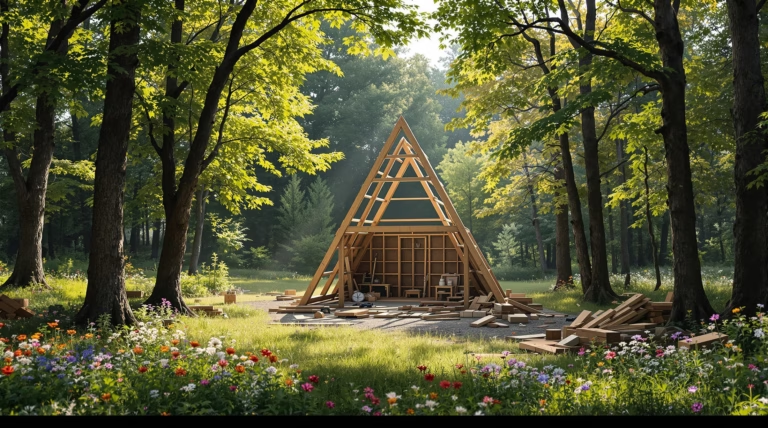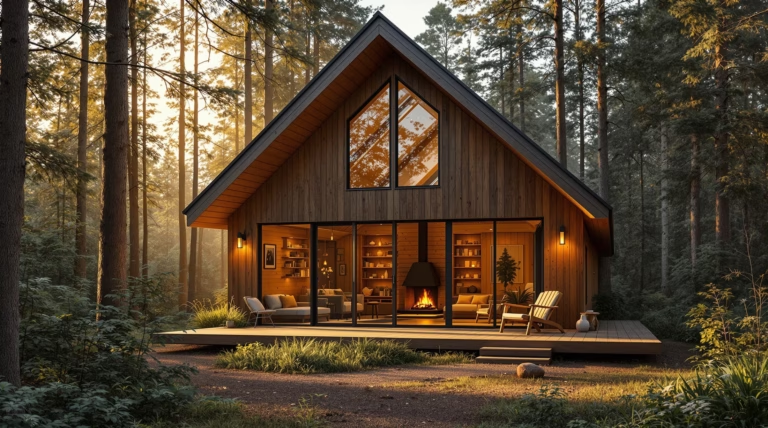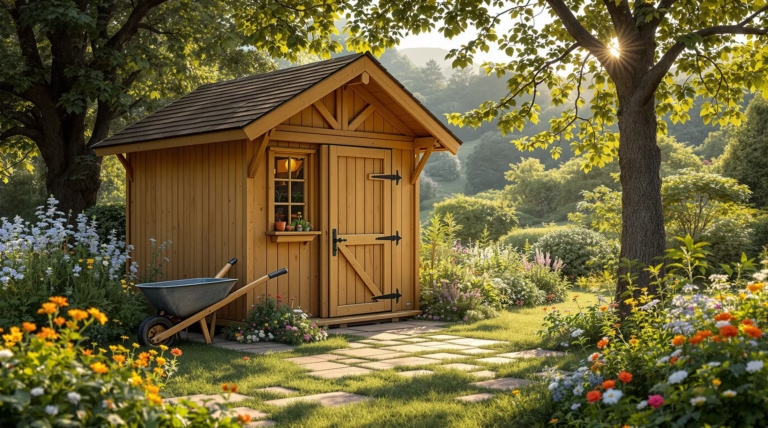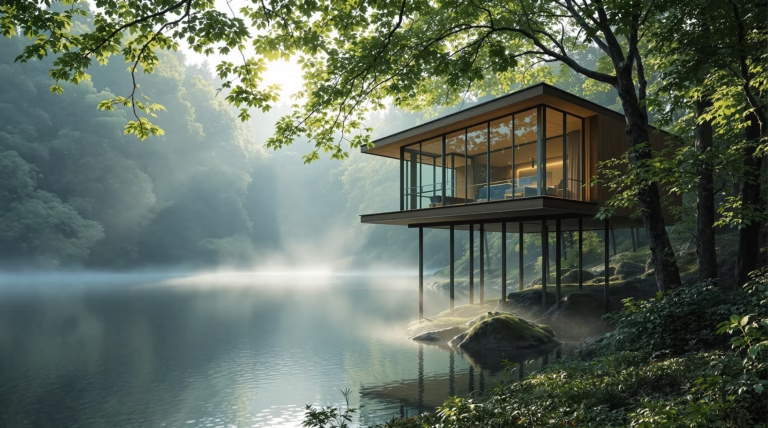DIY Japanese Tea House Kit: Create Your Own Tranquil Retreat
Embark on a journey into the world of traditional Japanese architecture with DIY Japanese Tea House Kits. These meticulously crafted sets allow you to build your own miniature sanctuary, combining the art of mindful construction with centuries of cultural heritage. Whether you’re a craft enthusiast or simply seeking a meaningful project, these kits offer an authentic way to bring Japanese aesthetic into your space.
The world of DIY Japanese Tea House Kits opens a unique gateway to traditional Japanese architecture. These carefully designed kits enable enthusiasts to create authentic miniature versions of iconic structures that have shaped Japanese culture for centuries. Each kit embodies the serenity and elegance of traditional tea houses, delivering both an engaging building experience and a meaningful finished piece.
What is a DIY Japanese Tea House Kit?
A DIY Japanese Tea House Kit represents a complete package for constructing an authentic miniature version of a traditional Japanese tea house. These meticulously curated sets include:
- Laser-cut wooden components for precise assembly
- Translucent materials for authentic shoji screens
- Tatami mat replicas with traditional patterns
- Various roofing elements reflecting traditional styles
- Educational materials about cultural design elements
Cultural Significance of Japanese Tea Houses
Japanese tea houses embody the profound principles of wabi-sabi – the philosophy of finding beauty in imperfection and transience. These structures were specifically designed for chado (the Way of Tea), creating spaces where mindfulness, respect, and harmony converge.
Features of a DIY Japanese Tea House Kit
These comprehensive kits combine traditional craftsmanship with modern accessibility. Each package features precision laser-cut wooden parts that fit together seamlessly, eliminating the need for specialized woodworking skills while maintaining professional-quality results.
Materials and Components Included
| Component | Description |
|---|---|
| Wooden Parts | Sustainable basswood or birch, pre-finished with smooth edges |
| Traditional Elements | Hemp strings for authentic Japanese carpentry binding |
| Screen Materials | Translucent paper for authentic shoji screens |
| Decorative Items | Miniature tatami mats, ceramic tea sets, garden components |
| Finishing Materials | Natural wood stains, fine-grade sandpaper, specialized adhesives |
Step-by-Step Assembly Instructions
Each kit includes comprehensive assembly guides that feature:
- Detailed historical context and design principles
- Numbered stages with clear illustrations and photographs
- Technical guidance for proper component assembly
- Tips for creating a mindful building experience
- Online video tutorials and customer support access
- Progressive skill development throughout the project
Benefits of Building a DIY Japanese Tea House Kit
Building a DIY Japanese Tea House Kit delivers profound rewards that transcend the final model. This mindful practice combines artistic expression with meditative focus, creating an enriching experience that cultivates both creative abilities and mental wellness. The process of carefully assembling precision-cut pieces naturally encourages a slower pace, offering a refreshing contrast to our digital-driven routines.
- Develops deep appreciation for Japanese craftsmanship
- Provides a meditative hobby experience
- Creates a meaningful decorative piece
- Offers educational insights into Japanese culture
- Builds a personal connection through hands-on creation
Enhancing Creativity and Patience
The assembly process of a Japanese Tea House Kit naturally fosters creativity and patience across all skill levels. As builders navigate the intricate component relationships, they develop problem-solving abilities and spatial reasoning skills. Many enthusiasts find joy in personalizing elements, making each finished piece distinctly their own while maintaining traditional Japanese aesthetic principles.
| Skill Development | Benefits |
|---|---|
| Fine Motor Skills | Enhanced dexterity and precision in assembly |
| Concentration | Improved focus and attention to detail |
| Problem Solving | Better spatial reasoning and creative thinking |
| Patience | Greater appreciation for methodical processes |
Creating a Personal Tranquil Retreat
The completed DIY Japanese Tea House transforms any space into a miniature sanctuary of tranquility. Whether displayed on a desk, bookshelf, or dedicated area, your handcrafted creation serves as a visual anchor for mindfulness amidst daily activities. Many builders report that their finished project becomes a powerful reminder to pause and embrace moments of serenity.
- Functions as a meaningful symbol of personal journey
- Creates a focal point for meditation and reflection
- Offers versatility in display and arrangement
- Provides opportunities for creative environment enhancement
- Serves as a constant source of peaceful inspiration
Where to Buy DIY Japanese Tea House Kits
The increasing popularity of Japanese Tea House miniatures has expanded their availability through specialized retailers and online marketplaces. Leading manufacturers like Woody Joe and ZooToyz offer authentic, high-quality kits that balance accessibility with cultural authenticity, making these beautiful projects available to enthusiasts worldwide.
Recommended Retailers and Online Stores
Etsy emerges as a premier platform for discovering unique DIY Japanese Tea House kits from independent artisans and specialized manufacturers. The marketplace features dedicated sellers offering meticulously designed kits with personalized customer support and guidance throughout the building process.
- Etsy – Direct access to independent craftspeople
- Specialty hobby stores – Authentic Japanese model selections
- Woody Joe official retailers – Premium quality authentic designs
- Japanese import websites – Exclusive kit varieties
- ZooToyz authorized dealers – Diverse skill-level options
Pricing and Availability
| Price Range | Features |
|---|---|
| $30-50 (Entry Level) | Basic designs, fewer components, ideal for beginners |
| $50-150 (Mid-Range) | Detailed designs, quality materials, authentic elements |
| $150-300 (Premium) | Exceptional craftsmanship, comprehensive components |







